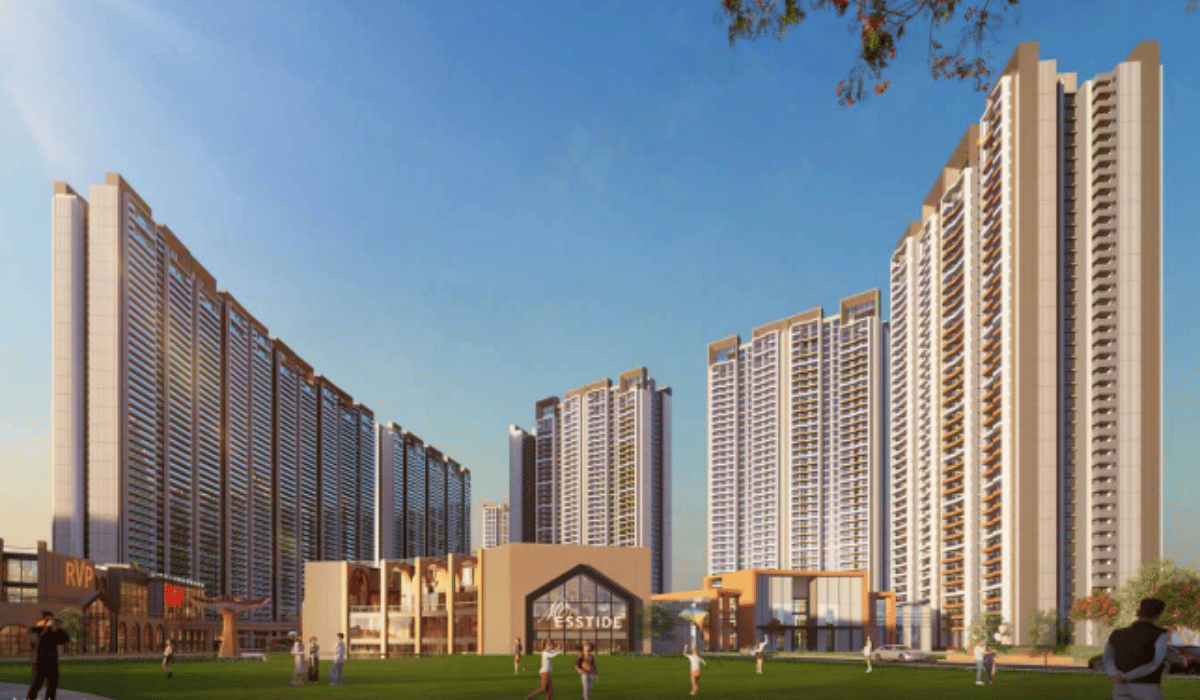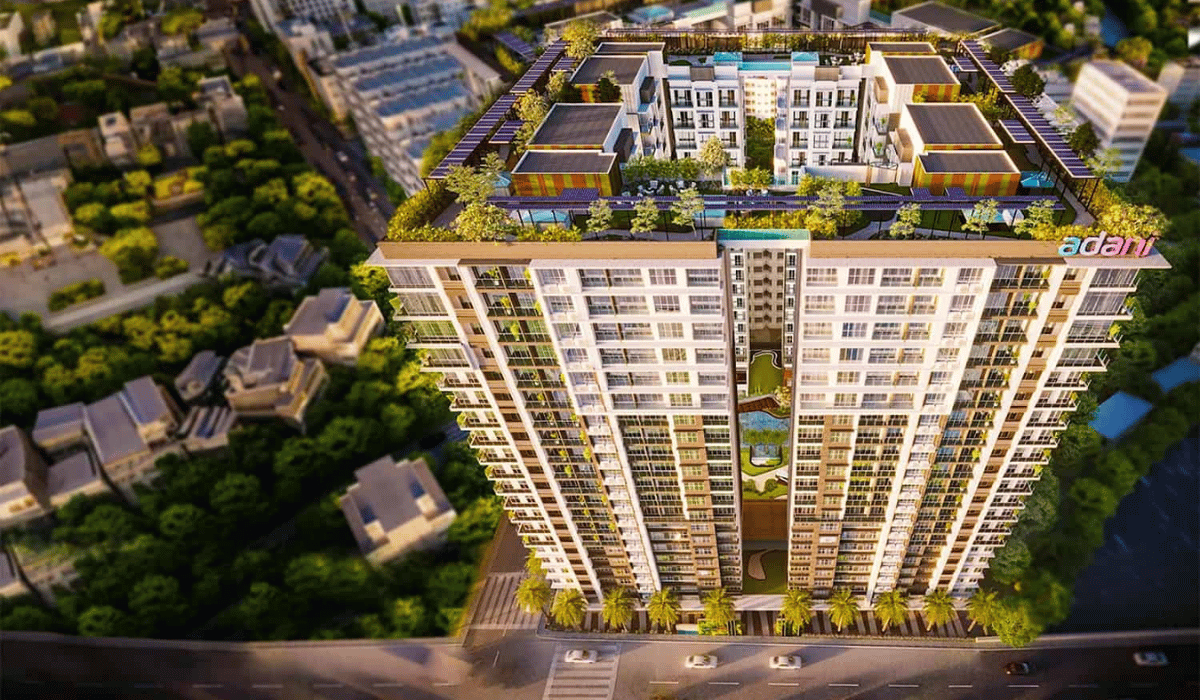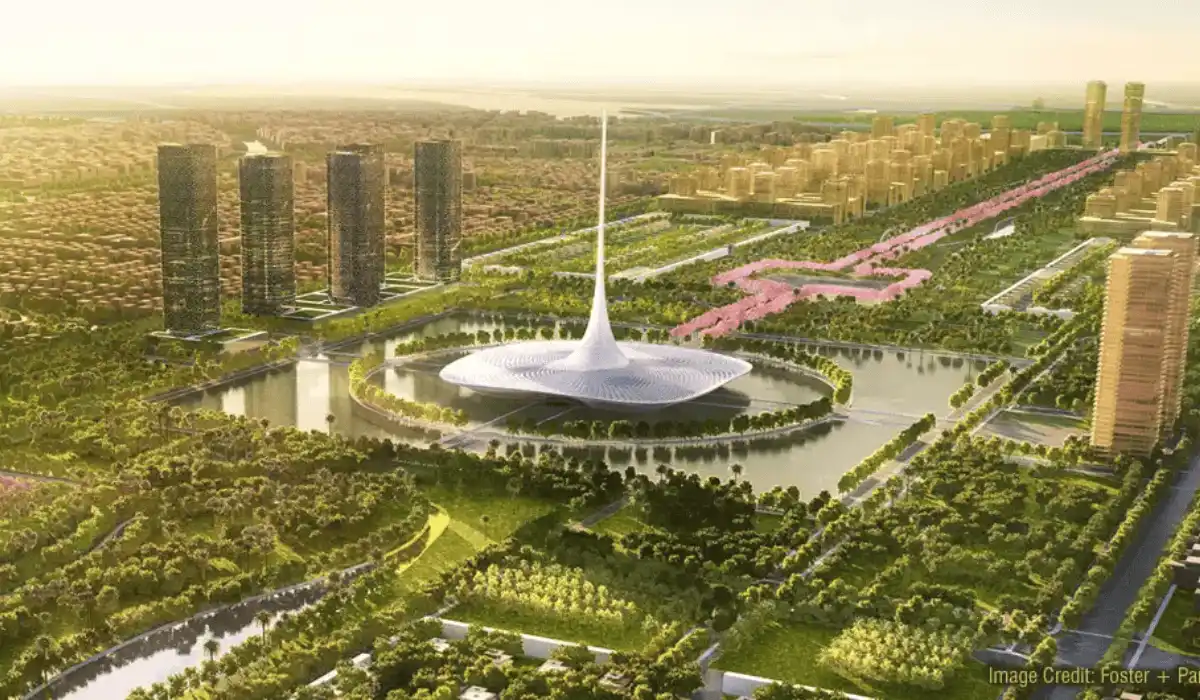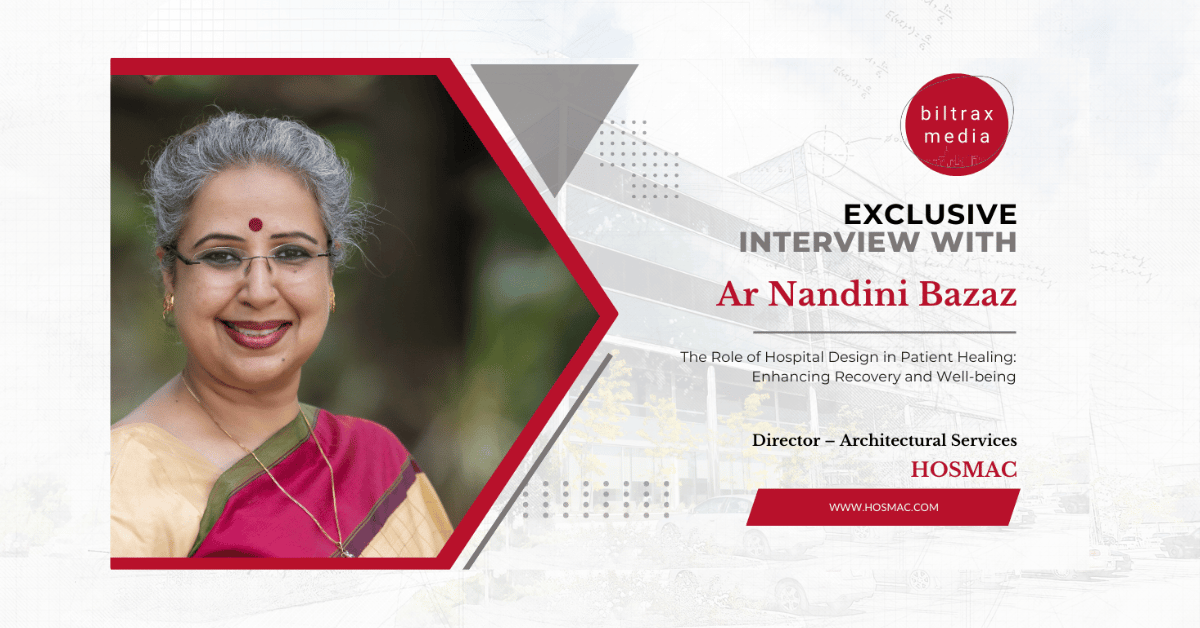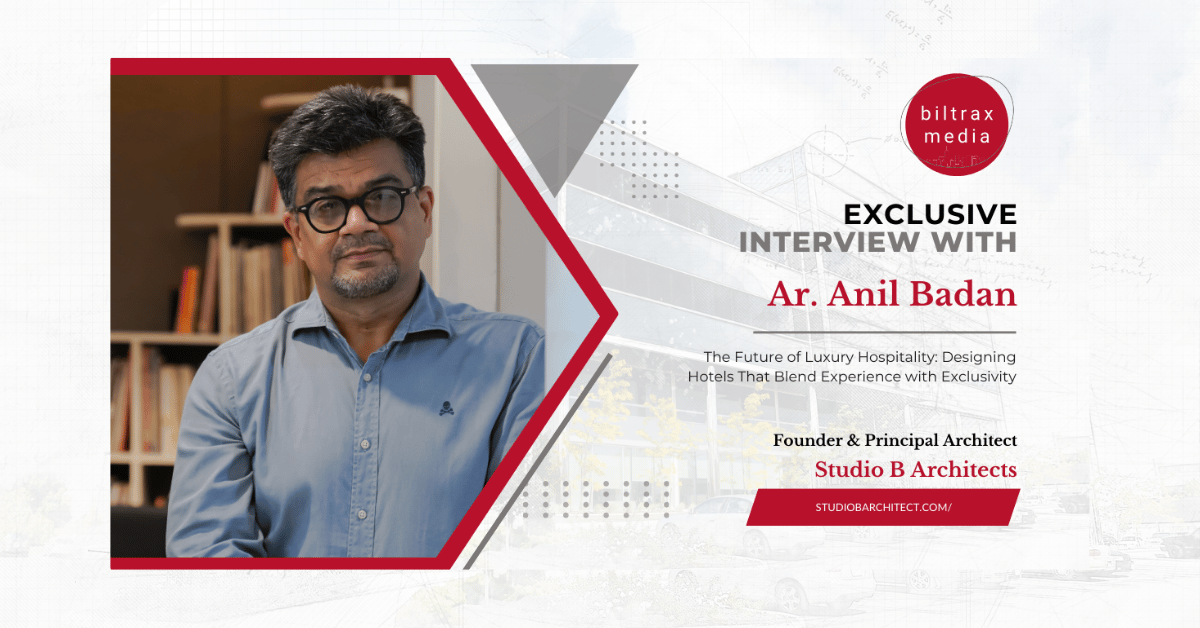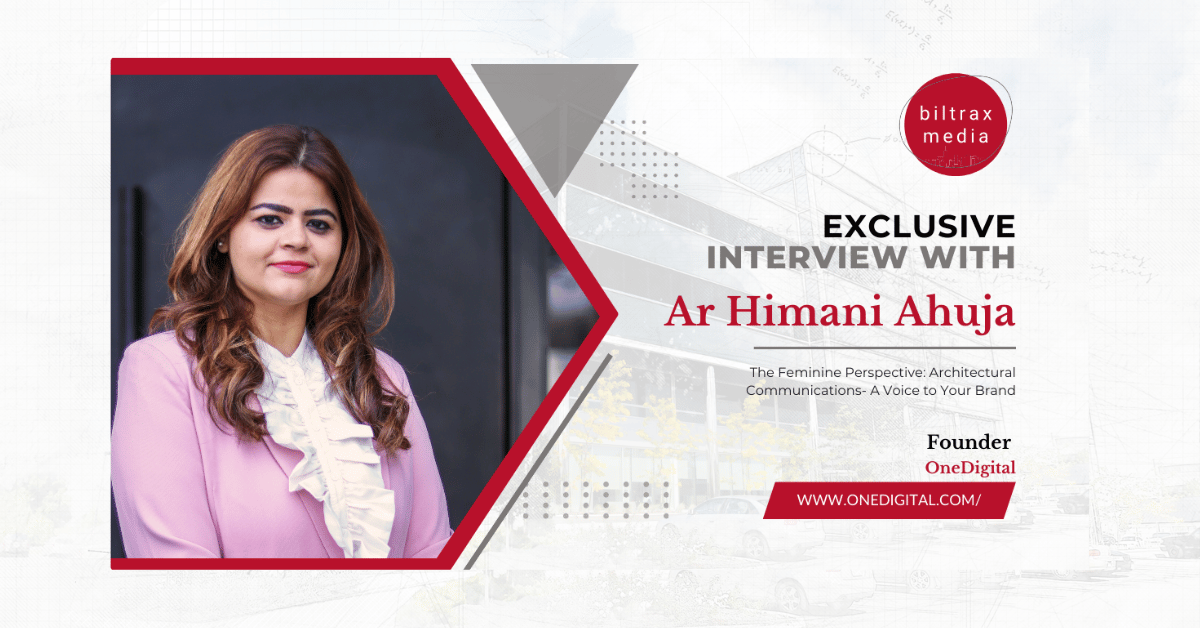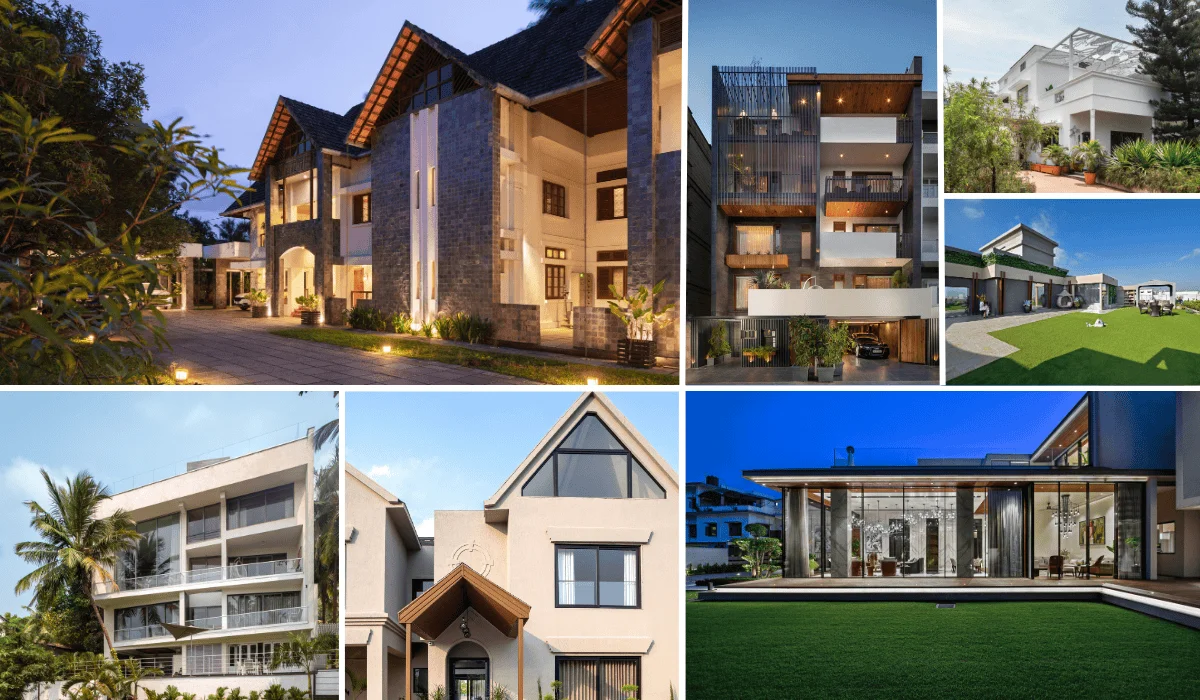Spearhead of Shweta Kaw, Studio Meraki undertakes a wide range of design practice from green building to interior and furniture design. Shweta Kaw upholds 14 years of experience in the industry. This includes a successful role as a Sustainable Design Consultant in Singapore. She completed her post-graduation (M.Sc. Building performance & Sustainability) from the National University of Singapore as a gold medallist. Shweta talks about her vision and the challenges faced to transform ideas to concrete.
The design of our built environment affects our health and well-being. Spaces thus need to move beyond optimising single parameters such as massing and form obsessions, to a more holistic approach. Established in 2017, Shweta Kaw marks on building healthy spaces, nurturing a sense of well being and comfort. Studio Meraki thus focuses on the emotional and psychological impact of spaces on its users. The concept of “Genius Loci” by Norberg Schulz drives the firm. More than building a marvel, this notion targets the significance of designs compatible with human instincts and responses.
After her post-graduation Shweta Kaw evolved professionally and took to sustainable design and energy-efficient buildings. Shweta expressed, “My work experience as a Sustainable design consultant in Singapore strengthened this foundation and provided me a better understanding of how architects should have a more holistic outlook and work in tandem with green principles of sensitive design at the concept stage”. After working at a firm briefly, Shweta established her own studio, in addition to handling a hotel project in Katra based on the principles of passive sustainable design. The project received many accolades and strengthened the foundation of her practice.

More than building a marvel, Shweta targets the significance of designs compatible with human instincts and responses.
Architecture is a vastly male-dominated profession. Women are under-represented in the field and have to overcome a lot of challenges. Facing similar issues, Shweta cites, “Females are automatically embossed as a ‘species meant for decorating’ with minimal or no understanding of hardcore engineering sciences and their inability to deal with on-site activities, it is sketched profoundly in the so-called progressive strata of the society”. Shweta believes that challenges diminish with a sincere attitude towards the practice, complemented by efficacy in the field of work.
Research is an intrinsic part of designing, it therefore helps in evaluating the project context and assessing building components. Each fragment of design thus undergoes research to conceptualize user behaviour and experiences. Shweta mentions, “There is plenty of reading on psychological and cognitive aspects of design as well as taking inspiration from nature and its forms to enhance health and well being”. With masters in building performance, Shweta pursues the study along with air quality and thermal comfort. She adds,“The personal journey of any professional trying to fulfil the daily challenges, comes with self-realization. It goes beyond creativity and narrows down to pure interpersonal skills”.

“We work on the principles of cognitive architecture and biophilic design, garnering clues from research and perceiving emotional values”.
Architects aspire a certain way of working with creative freedom and experimentation. Many factors and agencies are responsible for such an exposure. In a field full of ambiguities, the architects are taking the brunt, due to inapt tasks by non-professionals and contractors at stumpy rates. Absence of trust in the society dampens professional relationships and interrupt workflow. COA and the government also play a vital role as policy makers and building ideologies regarding the construction industry. At times professionals have to compromise in the quality they want to deliver due to lack of creative freedom. It can thus only be achieved by solving issues like irregularities in payment, rights of employees and exploitation of resources in the field.
Each practice addresses a signature style, a design thread linking all their projects together. Shweta voices, “we work on the principles of cognitive architecture and biophilic design, garnering clues from research and perceiving emotional values. We have done certain projects like a Villa at Jaypee Greens, Greater Noida that purely explores this concept”. Shweta’s debut project Hotel Rama Trident is based on these design ideologies. The firm adheres to similar philosophies in furniture design as well. Furthermore Shweta talks about her future aspirations, “We would like to focus more on technology and it’s multifarious aspects and how we can benefit from them in our work”. In the coming times, Studio Meraki therefore hopes to collaborate with local artists and contribute to society in the best way possible.
Studio Meraki
shweta@studiomeraki.co.in
+91 9811763417
Discover more from Biltrax Media, A Biltrax Group venture
Subscribe to get the latest posts sent to your email.












